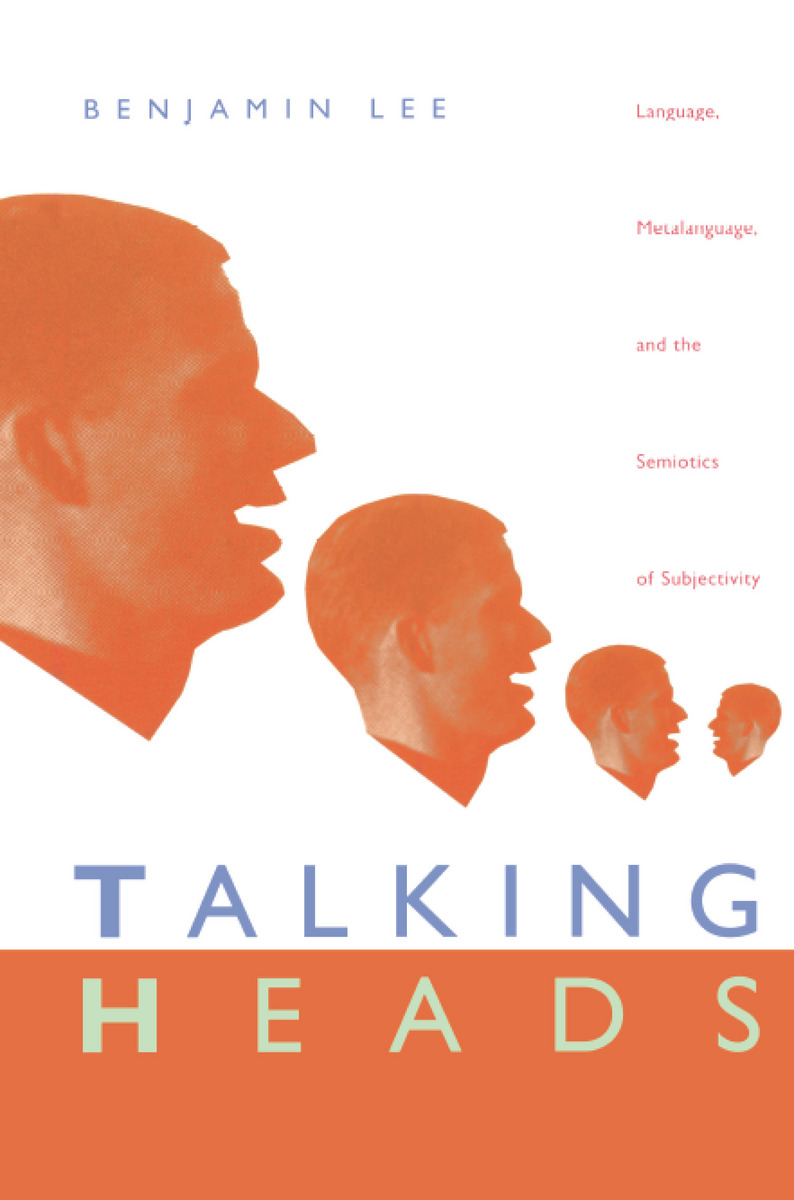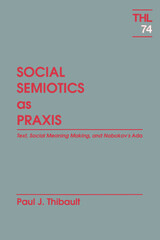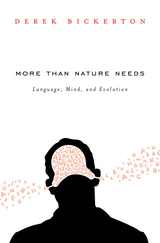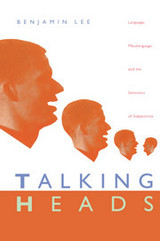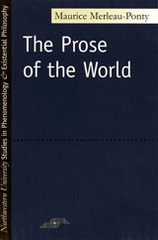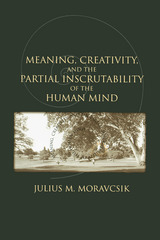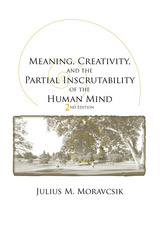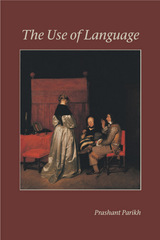Talking Heads: Language, Metalanguage, and the Semiotics of Subjectivity
Duke University Press, 1997
eISBN: 978-0-8223-8246-1 | Cloth: 978-0-8223-2006-7 | Paper: 978-0-8223-2015-9
Library of Congress Classification P106.L334 1997
Dewey Decimal Classification 401
eISBN: 978-0-8223-8246-1 | Cloth: 978-0-8223-2006-7 | Paper: 978-0-8223-2015-9
Library of Congress Classification P106.L334 1997
Dewey Decimal Classification 401
ABOUT THIS BOOK | AUTHOR BIOGRAPHY | REVIEWS | TOC | REQUEST ACCESSIBLE FILE
ABOUT THIS BOOK
In Talking Heads, Benjamin Lee situates himself at the convergence of multiple disciplines: philosophy, linguistics, anthropology, and literary theory. He offers a nuanced exploration of the central questions shared by these disciplines during the modern era—questions regarding the relations between language, subjectivity, community, and the external world. Scholars in each discipline approach these questions from significantly different angles; in seeking to identify and define the intersection of these angles, Lee argues for the development of a new sense of subjectivity, a construct that has repercussions of immense importance beyond the humanities and into the area of politics.
Talking Heads synthesizes the views and works of a breathtaking range of the most influential modern theorists of the humanities and social sciences, including Austin, Searle, Derrida, Jakobson, Bakhtin, Wittgenstein, Peirce, Frege, Kripke, Donnellan, Putnam, Saussure, and Whorf. After illuminating these many strands of thought, Lee moves beyond disciplinary biases and re-embeds within the context of the public sphere the questions of subjectivity and language raised by these theorists. In his examination of how subjectivity relates not just to grammatical patterns but also to the specific social institutions in which these patterns develop and are sustained, Lee discusses such topics as the concept of public opinion and the emergence of Western nation-states.
Talking Heads synthesizes the views and works of a breathtaking range of the most influential modern theorists of the humanities and social sciences, including Austin, Searle, Derrida, Jakobson, Bakhtin, Wittgenstein, Peirce, Frege, Kripke, Donnellan, Putnam, Saussure, and Whorf. After illuminating these many strands of thought, Lee moves beyond disciplinary biases and re-embeds within the context of the public sphere the questions of subjectivity and language raised by these theorists. In his examination of how subjectivity relates not just to grammatical patterns but also to the specific social institutions in which these patterns develop and are sustained, Lee discusses such topics as the concept of public opinion and the emergence of Western nation-states.
See other books on: Critical Theory | Language and languages | Lee, Benjamin | Semiotics | Subjectivity
See other titles from Duke University Press
